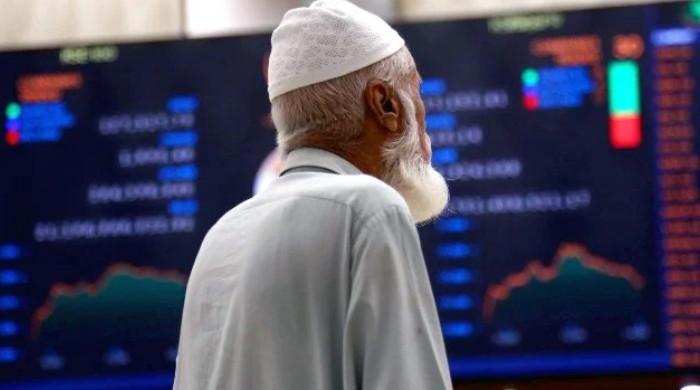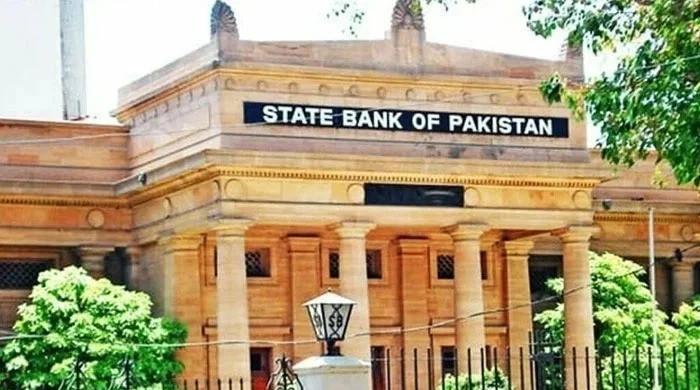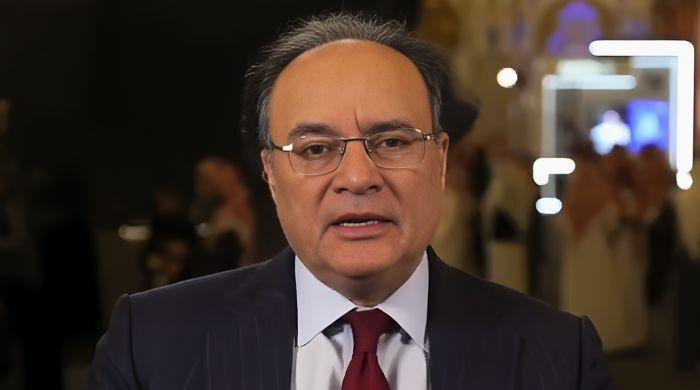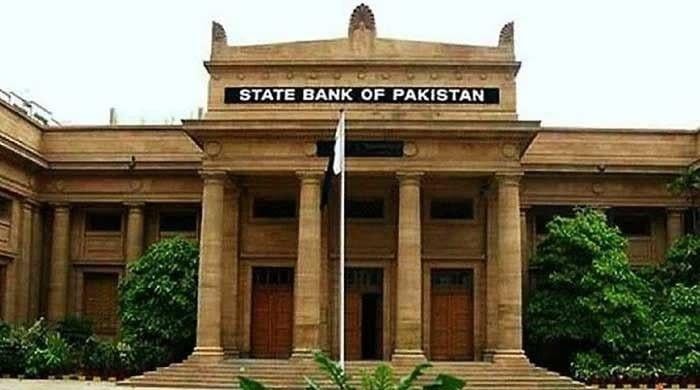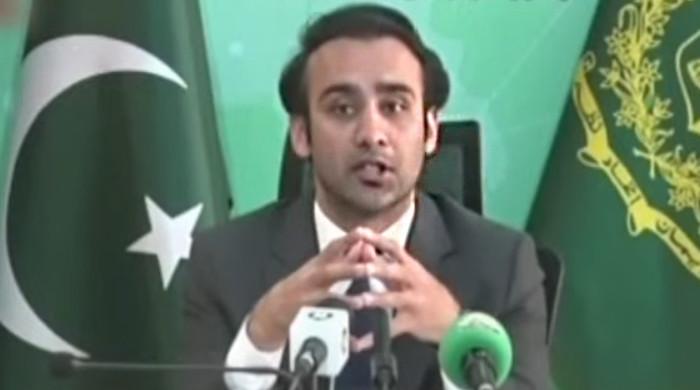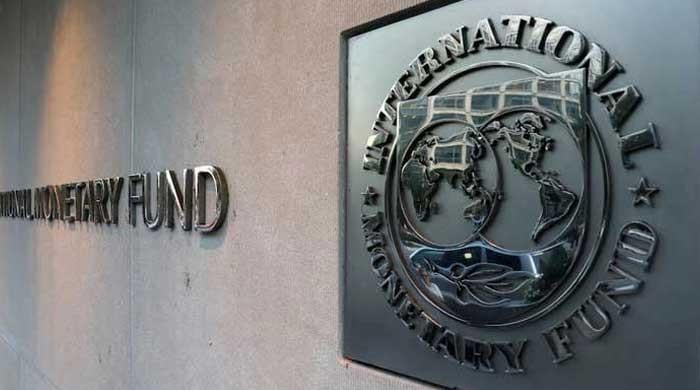Bidders seek full ownership of PIA amid looming privatisation
"Without full management and profit-loss control, we cannot justify these investments," say bidders
October 08, 2024
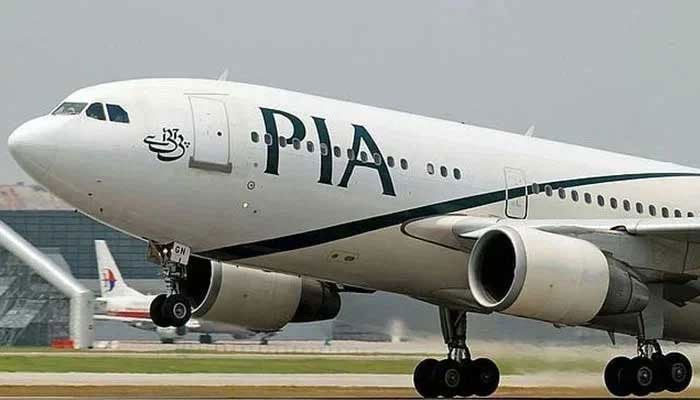
- Bidders say risks outweigh rewards without 100% ownership.
- Cannot justify $500mn investment without full management.
- National carrier is burdened with around Rs200 bn liabilities.
ISLAMABAD: Days after Finance Minister Muhammad Aurangzeb reassured of Pakistan International Airlines' (PIA) privatisation in the ongoing year, the bidders aiming to acquire interests in the national carrier have now demanded full ownership of the airline, The News reported on Tuesday.
With concerns over fleet age, financial liabilities, and operational hurdles putting the future of the sale in doubt, the six pre-qualified bidders, initially enticed by a 60% stake offer, now want full control of the PIA.
The revelation follows the publication's report highlighting the bidders' reluctance regarding retaining the existing workers along with tax-related concerns.
Last month, the country's long-awaited bid to privatise its beleaguered national carrier was postponed until October 31. The deferment came after the privatisation process was extended to October 1 before that.
The Privatisation Commission, in a parliamentary panel meeting last week, informed that it plans to sell 76% of PIA's shares. But, the potential bidders say the government has not officially notified them of this new proposal, one of the potential bidders told the publication on Monday.
The pre-qualified bidders argue that without 100% ownership, the risks outweigh the potential rewards. The financial burden of overhauling the airline's ageing fleet, including the planned retirement of 18 wide-body aircraft over the next two years, looms large.
The situation is further complicated by the fact that PIA's smaller planes are leased, meaning any new investor would face the daunting task of rebuilding the airline’s fleet and operations almost from scratch.
The bidders have hesitated at the government's $500 million investment requirement for the replacement of these retiring aircraft, insisting that such a commitment is impossible without total control of the airline.
"Without full management and profit-loss control, we cannot justify these investments," said bidders.
Adding to the bidders' unease are the risks associated with financing and insurance for PIA’s debt-laden operations.
PIA is currently saddled with approximately Rs200 billion in liabilities. Potential buyers will need to secure bank loans to finance their stake, which they argue is unfeasible without full ownership.
A major red flag raised by the bidders is the suspension of PIA's operations on international routes, particularly to lucrative destinations in Europe and the United States until these routes are restored, the prospect of turning the airline into a profitable venture appears bleak. Bidders have urged the government to expedite the resumption of these flights to make the deal more attractive.
The divestment plan, designed by the financial advisor Ernst & Young, is also under scrutiny. Appointed in November last year, Ernst & Young has been tasked with preparing PIA for sale. Yet, bidders are expressing reservations about the plan, questioning its feasibility in light of the numerous hurdles the airline faces.
The country's open skies policy, which allows international carriers to operate freely within the country, presents another challenge for PIA's would-be buyers. Bidders fear that without protections from foreign competition, PIA’s potential for recovery is limited.
Concerns about workforce retention and tax obligations have also been raised. Bidders, wary of inheriting the airline’s substantial workforce and the legal protections afforded to employees, are pressing for clarity.
They say the airline is overstaffed, while the government is demanding that the employees, along with their pensions, be retained for at least three years.
Last week, Secretary of the Privatisation Commission, Usman Bajwa, confirmed to a parliamentary panel that bidders are seeking more information on these issues, especially regarding pensions and protection from longstanding litigation.
Originally slated for October 1, the financial bidding process has now been postponed to October 31. With so many uncertainties still looming, the path forward for PIA’s privatisation remains fraught.
The Senate Standing Committee on Privatisation emphasised that delays in the airline’s sale could ripple across other privatisation efforts, including the planned divestment of Pakistan’s electricity distribution companies.
For now, the fate of Pakistan’s national carrier hangs in the balance, as the government and bidders grapple with a deal that could reshape the country’s aviation industry — or see PIA grounded for good.




